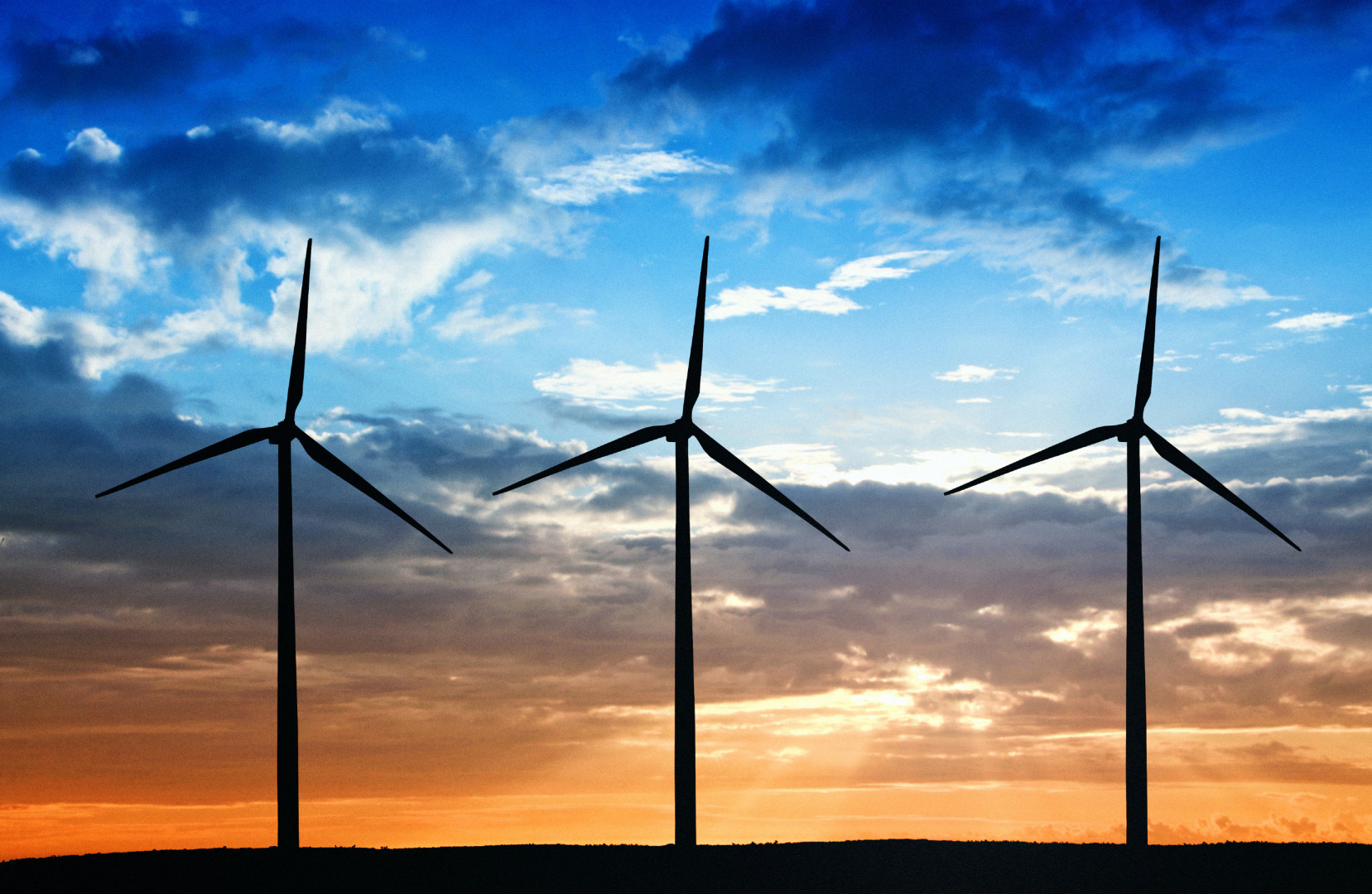October 4, 2016 at 4:18 pm ET
- Share on Facebook
- Share on Twitter
- Share on LinkedIn
- E-mail to a friend



The D.C. Circuit Court’s eventual ruling on the legality of the greenhouse gas-cutting Clean Power Plan is supposed to focus solely on the letter of the law, but it’s hard to ignore the weight of climate change behind the scenes.
The court is expected to rule sometime in the coming winter about whether, among other things, the Environmental Protection Agency has the authority to require states to broadly shift their energy systems away from fossil fuels. The U.S. Supreme Court has already issued a stay on the rule, indicating that it will likely take the case up after the circuit court’s ruling. The circuit court heard arguments on Sept. 27, and the hearing went on for nearly seven hours.
The question at hand is whether the Clean Power Plan is legal, not whether it’s a good idea. But both sides have acknowledged it’s hard to separate the means from the end when it comes to a major policy question like climate change. The Clean Power Plan is central to President Obama’s efforts to rally the world around the Paris climate agreement, which as of Tuesday was ratified by enough countries to formally go into force.
“The importance of the issue of climate change really hung in the air throughout the day,” said Christophe Courchesne, referring to the oral argument, in a panel discussion on Tuesday.
Courchesne, chief of the Environmental Protection Division with the Massachusetts Attorney General’s Office, supports the Clean Power Plan. “There was a sense that there was a gravity to this issue, both nationally and globally,” he said.
The plan’s opponents noticed the dynamic, too. Jeff Holmstead, an attorney representing the plaintiffs in the lawsuit, said the EPA “has argued the case on the policy,” not legal terms.
“If you took the passion about climate change out of this case and you took all of the background out and you just gave the statute to a hundred neutral judges, a hundred judges would say this is illegal. This isn’t what the Clean Air Act says,” Holmstead said at the panel, organized by the Bipartisan Policy Center.
Naturally, the rule’s supporters disagree with that sentiment. They argue that the Clean Air Act authorizes the EPA to regulate greenhouse gases — a contention the Supreme Court has already upheld — and that the Clean Power Plan’s basis of moving away from fossil fuels is in line with industry standards.
Some judges acknowledged the weight of the policy issue at the oral argument, but they also said that didn’t mean they would rule in favor of the plan. Judge Brett Kavanaugh said he understood “the frustration with Congress,” but added that it seemed like the legislative branch’s job to take on climate change.
In a strictly political sense, climate change may factor directly into the court’s legal deliberations in favor of the opponents. While the petitioners called the Clean Power Plan “transformative,” supporters downplayed its impact in court. That doesn’t match the Obama administration’s political rhetoric about the plan. When Obama announced the plan in August 2015, he called it “the single most important step America has ever taken in the fight against global climate change.”
Judge Thomas Griffith paraphrased Obama’s pitch for the rule as, “Congress didn’t act, so we will act,” indicating the president meant to go over lawmakers’ heads.
Regardless of the circuit court’s ruling, the oral argument highlighted the difference in how elected and unelected officials talk about climate change. For example, Kavanaugh, who was appointed by George W. Bush, didn’t deny the science behind climate change, calling the policy goals of the plan “laudable.”
But some of the prominent elected officials behind the lawsuit have criticized the plan, saying it will harm fossil fuels or won’t accomplish anything.
In May, West Virginia Attorney General Patrick Morrisey told reporters he hopes a ruling against the Clean Power Plan would spur “some form of comeback” for the coal industry, but he declined to say whether he believes in human-induced climate change.
When asked the same question in September, Texas Attorney General Ken Paxton told Morning Consult, “I don’t think we have a definitive answer. Until we do, I don’t want to force my state to spend massive amounts of money for potentially very little gain.”